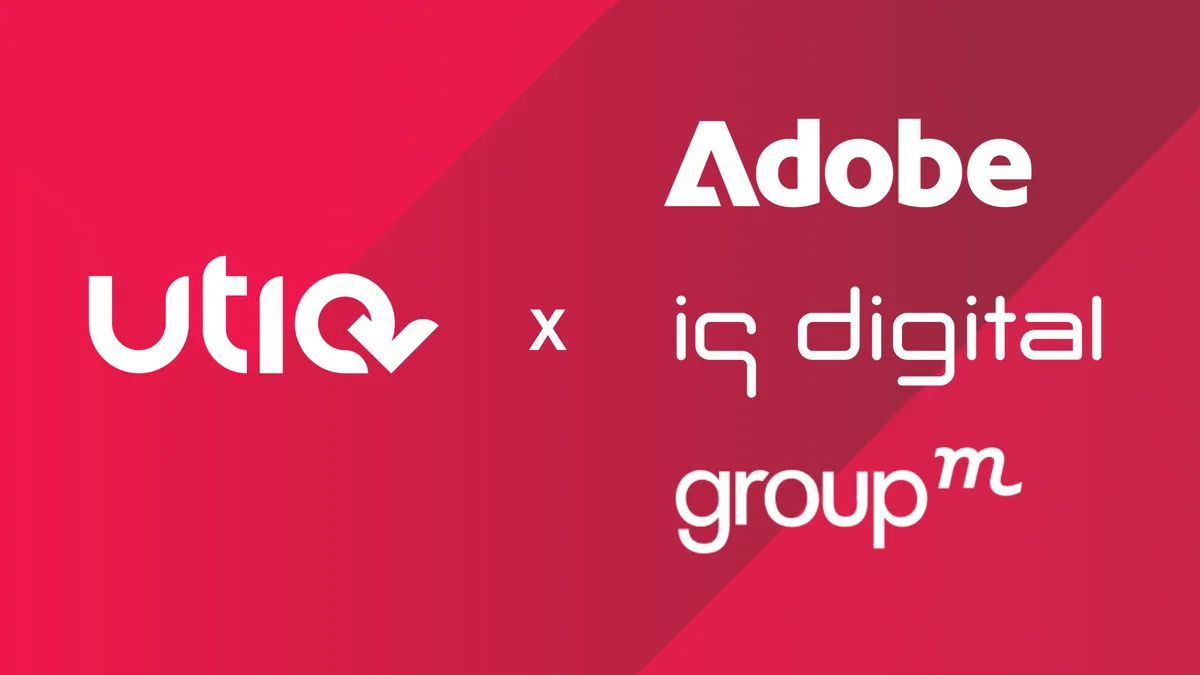After two years of increased e-commerce transactions, understocked toilet paper shelves and shopping disruptions resulting from stranded ships, wars and other events, agency holding companies are seeking better insights into the supply chain that will make their marketing efforts for clients more effective.
WPP, Publicis Groupe and Omnicom have all recently invested in providing logistics and product delivery data in their quests to be better business partners. The moves are part of an oft-expressed, but long unfulfilled, desire to have more understanding and input into the operational side of their clients’ businesses, according to industry observers.
The trend is the confluence of two growing aspects of the industry: more detailed and accurate data streams and the exponential growth of e-commerce, particularly when it enables direct-to-consumer fulfillment.
“As we see barriers to entry coming down through direct-to-consumer, digital share and emphasis on the last-mile availability, it makes sense that the agencies who are managing these websites are moving into the space,” said Michael Felice, associate partner in the communications, media and technology practice at strategy and management consulting firm Kearney. “What customers care about is the transparency into the expectation you’re setting. They’re saying, ‘It’s insulting when you’re pushing a product to me that you can’t get into my hands.’”
Doorstep experience
Though advertising agencies have long pushed for a seat at the table where they would have a greater understanding of their clients’ business issues, supply chain-related moves are a response to more recent events. The pandemic-fueled rise in direct-to-consumer e-commerce means marketers have to understand where products might — or more importantly, might not — be available as they put together their plans.
“The last couple of years have changed the way people shop forever,” WPP CEO Mark Read said in a release announcing the company’s Everymile product. “The acceleration of e-commerce, the shift to customers buying direct from brands, and the increasing importance of social in the commerce journey have all meant that there is a demand for a fully-managed service with omnichannel expertise.”
Everymile is intended to provide an “end-to-end” customer experience without requiring significant capital investment on the client’s part, according to James Scott, Everymile’s chief growth officer.
“The low barrier to entry is very appealing,” Scott said. “The doorstep experience is the new retail frontier. That could include everything from the look of the boxes to the ease of returns to the product and subscription costs. Or it could even involve some kind of special experience.”
Further down the chain
WPP is not the only holding company making moves in the supply chain space. In May, Publicis Groupe acquired Dublin–based company Profitero, whose analytics software helps optimize content and user experience and track product availability. Meanwhile, Omnicom Media Group unveiled its own Supply Chain IQ Score that will help marketers connect their media spend to product availability.
“We’re starting to see how e-commerce is taking a more dominant role in our businesses,” said Frank Riva, vice president of marketing at analytics provider 1010data. “These holding companies are seeing a new digital ecosystem, and they’re thinking about how they can go further down that chain.”
With the ability to follow the process from a click on a digital ad through to product delivery, holding companies hope to demonstrate an added value to clients looking to increase efficiency and intelligently manage inventory.
“For a long time, the industry has been talking about linking product availability and inventory to advertising, to share product availability on a real-time basis,” Riva said. “You can then tie that to dynamic and programmatic digital advertising to target.”
Too many eggs?
But will clients go for it?
Success may depend on how holding companies position these new capabilities. Felice suggested selling their value as a customer-retention and loyalty tool, particularly among younger consumers who have yet to establish purchasing habits.
“It makes sense to offer these abilities as a way to attract customers, but also as a growth tool,” Felice said. “There’s a significant amount of erosion among Gen Z and Millennial consumers, who are wanting to feel more connected to brands. The more effectively I can service the customer, the more I can get a margin edge and expand the customer's long-term value.”
Greater insight into the supply chain also gives brands more control over their consumer messaging and follow-through, Scott added.
“We believe the direct-to-consumer [model] is the best way to tell your story,” Scott said. “If your brand is about convenience, it should be convenient from end-to-end.”
Yet, it remains unclear if ad holding companies have the expertise and understanding of supply chain logistics to offer actionable insights.
“Clients like the idea of integration, but whether bringing logistics into the fold will really save brands time and money is yet to be proven,” said Greg Paull, co-founder and principal of agency search consultancy R3. “Do holding companies have the talent, platforms and processes to leverage logistical data and feed it into the overall work they do for clients? It hasn't been articulated.”
If the value to clients doesn’t bear out, it could hurt holding companies in the long run. A heavy focus on supply chain-related services could delay needed “capital and talent investments” that could help grow other areas of the business, Felice said.
In addition, clients may not want to go all in with these holding companies out of a fear of putting too many eggs in one basket, Paull said.
“The downside for clients will be benchmarking performance and extracting themselves from the relationship once they go all in,” he said. “Having the right agency model and auditing for transparency is going to be crucial to mitigate any future fallout.”






















